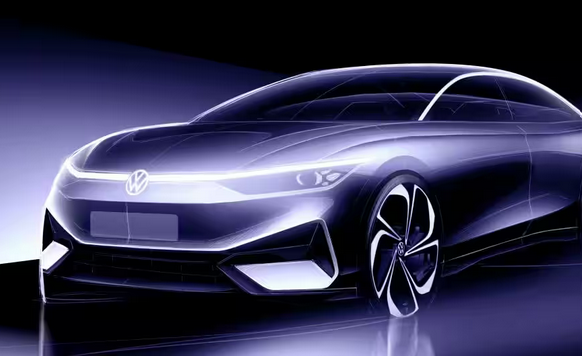WOLFSBURG/SHANGHAI – Volkswagen has announced that it plans to hire around 3,000 engineers in China by the end of 2024 to speed up its electric car production and reduce costs. The company wants to strengthen its position in the world’s largest car market and achieve its climate goals.
The new engineers will primarily work in the areas of software development, battery technology, and vehicle architecture, as Volkswagen explained in a press release. They are also intended to improve cooperation with local partners and suppliers and promote the adaptation of products to the needs of Chinese customers.
Volkswagen is one of the leading electric car manufacturers in China, where it operates several joint ventures with local companies. In 2020, it sold around 300,000 electric cars in the country, representing a market share of around 15 percent. By 2025, it wants to increase this share to 25 percent and sell one million electric cars in China every year.
To achieve this goal, Volkswagen wants to expand its electric car production in China while reducing costs. According to the company, the average price of an electric car in China is around 30,000 euros, which is significantly higher than the price of a comparable combustion vehicle. In order to make e-mobility attractive to more customers, Volkswagen wants to reduce the price of its e-cars to around 20,000 euros.
To achieve this, the company is relying on a new vehicle platform that was developed specifically for electric cars and is called the Modular Electric Drive Matrix (MEB). This platform is intended to increase economies of scale, reduce complexity, and enable the flexibility to produce different models on the same basis. Volkswagen plans to offer around 15 MEB-based models in China by 2025.
The hiring of 3,000 engineers in China is part of Volkswagen’s global strategy to strengthen its competence in the field of electromobility. The company will invest around 35 billion euros in the development and production of electric cars worldwide by 2025. It aims to generate at least 70 percent of its sales in Europe and 50 percent of its sales in China and the US from electric cars by 2030. In doing so, it not only wants to ensure its competitiveness but also make its contribution to climate protection. (zia)

